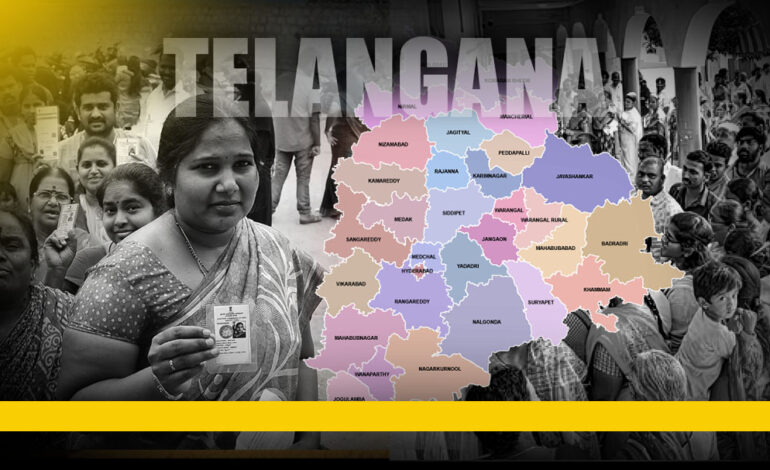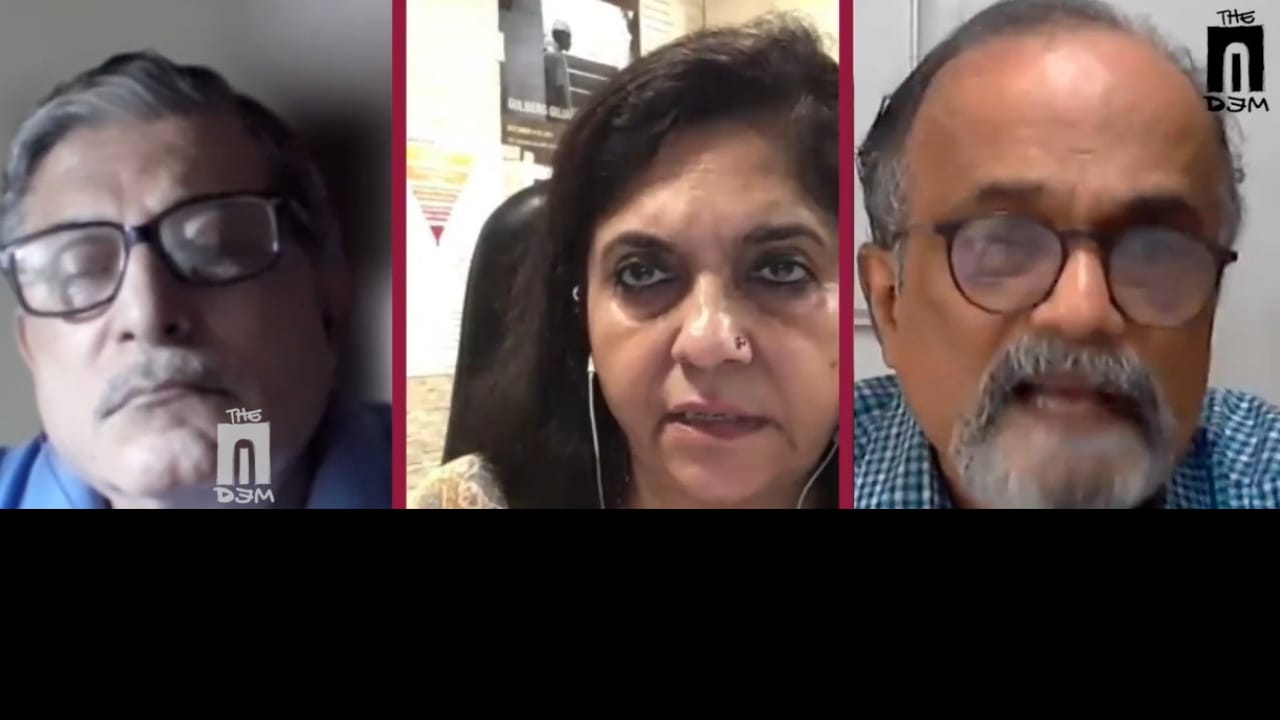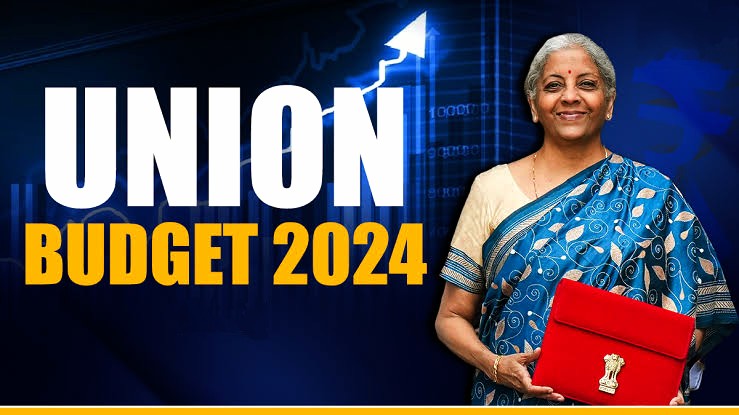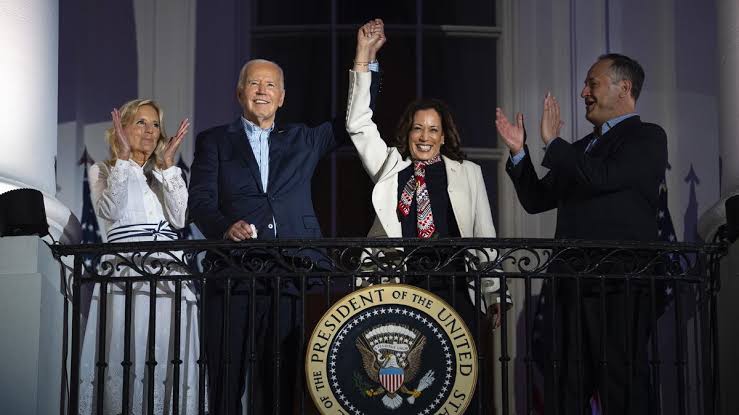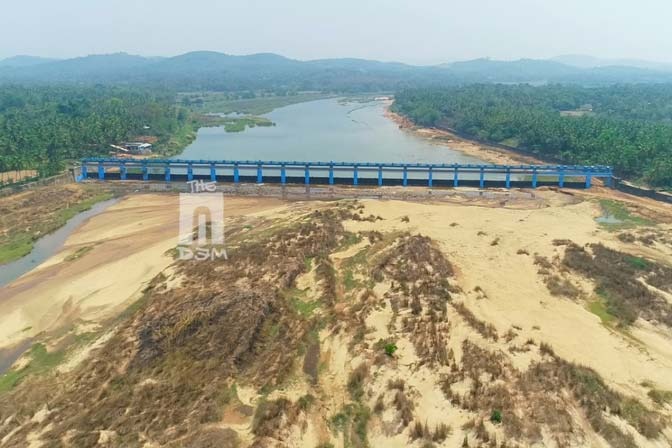COP in Dubai – Hopes and Apprehensions
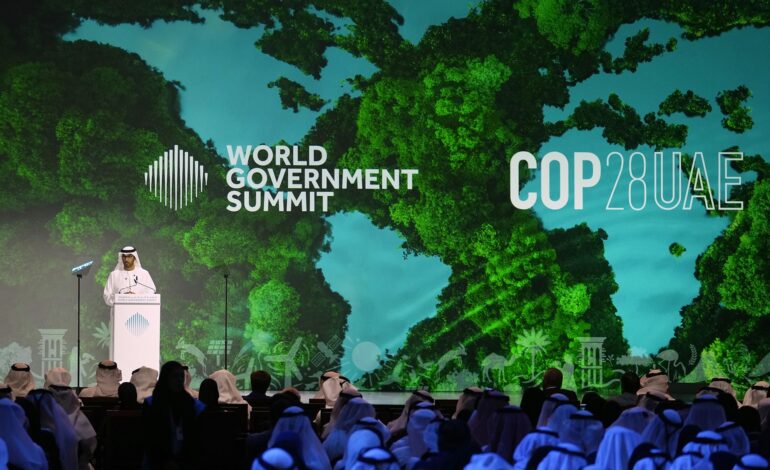
As the “Conference of the Parties” (COP) summit on climate change begins in Dubai, the world is still recovering from a battered year of extreme weather events. Climate-driven devastation tested human resilience and environment like never before in 2023. This year’s COP summit is historic in other aspects too. If we wait till the end of this month, 2023 is going to be declared as the warmest year in recorded history. Equally important is the fact that the delegates of the COP 28 summit will get to scrutinise the first report card on climate action taken by countries as well as stakeholders. As this article was being written, the surprise news came that COP 28 on its very first day, had its delegates formally approve the loss and damage fund with many countries including the US pledging their share of money right away. The delegates also agreed upon the World Bank temporarily overseeing this fund. However, the US pledged only $17.5 million towards the loss and damage fund and received criticism for not contributing more.
Last year’s COP 27 summit ended with all countries agreeing to set up a loss and damage fund. Who will contribute most and what is the nature of the fund were contentious issues. Those countries in need of aid wanted it as UN agency grants. However, the US was pushing for converting this aid into IMF loans. That debate is closed and the first positive sign is in sight with yesterday’s agreement.
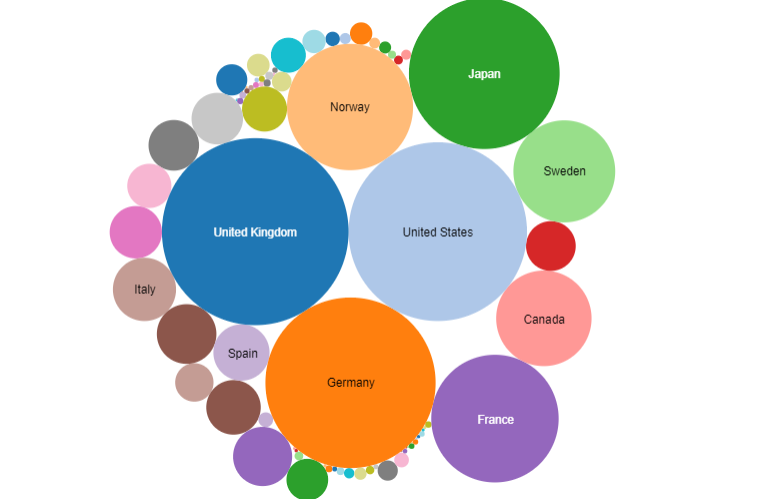
The world has seen sufficient studies and reports to be unequivocally convinced of the truth of climate change and global warming. Climate denial is no longer fashionable or acceptable for the majority of the world’s people. It is real and a matter of life and death for many millions across the globe. The UN’s climate body, the Intergovernmental Panel on Climate Change (IPCC) has routinely published exhaustive status reports on all the aspects- scale, threats, transformation, and future scenarios- of global warming. So far the world has understood the problem in depth and all the twenty seven annual COP summits held till today have been successful to garner many climate action promises from about 200 countries of the world.
COP 28 Expectations
This year, the summit will conduct the first stock-taking of climate action. In the Paris Climate Conference held in 2015, all countries of the world had agreed to fulfil their parts in limiting the rise of global temperature to 2 degrees this century. Yet, the world stands warmed by 1.1 degree celsius in 2021-22 itself. At this rate, projections are that the World faces 2.5C-2.9C temperature rise this century. It is also pointed out by experts that the scope of limiting warming to 1.5C is only 14 percent. This is the pathetic level of commitment that the leaderships of different countries have shown towards combating climate change.
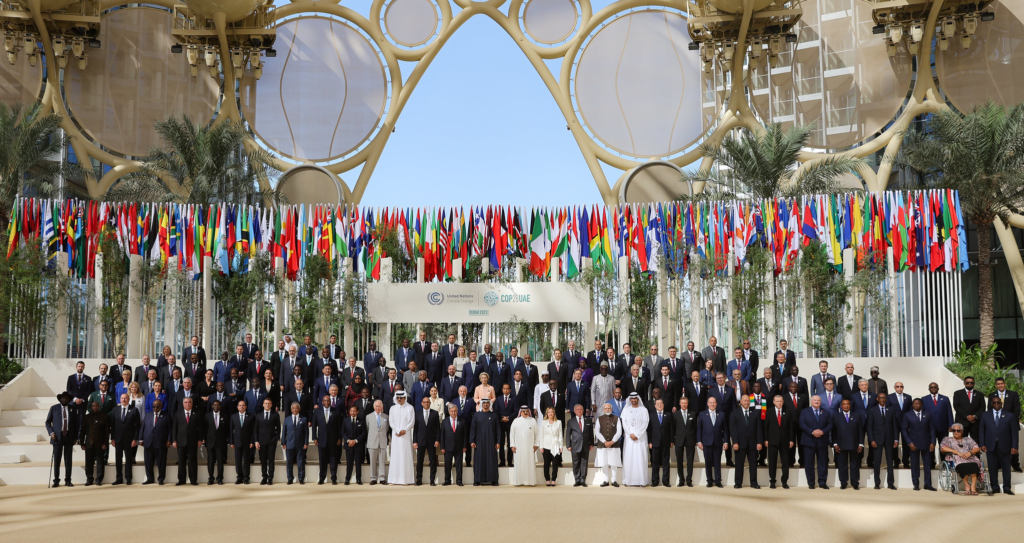
In the ongoing COP 28 summit in Dubai, 70000 delegates from 197 countries are expected to participate. The wide ranging discussions they are scheduled to carry out would hopefully help find a breakthrough to the climate action stalemate. As an opening response, the US Special Presidential Envoy for Climate, John Kerry stated yesterday that the major focus of the COP 28 summit will be on methane reduction. This has certainly negatively impacted the optimism in several developing countries such as India. China and India are the top methane emitters of the world as fossil fuel extraction and animal and plant agriculture are the major factors causing methane emissions. India meets its 55% energy needs by coal, which is a fossil fuel.
The Blame Game Continues
Any debate on methane emissions will revolve around blaming the developing world for global warming, clearly obfuscating the fact that the developed world had a similar or even worse past that contributed to today’s global warming. The developed world also has a present that adds huge quantities of carbon dioxide to the atmosphere through overconsumption. This also adds enormous costs in financial terms on account of the new demands from the likes of their growing tech industry.
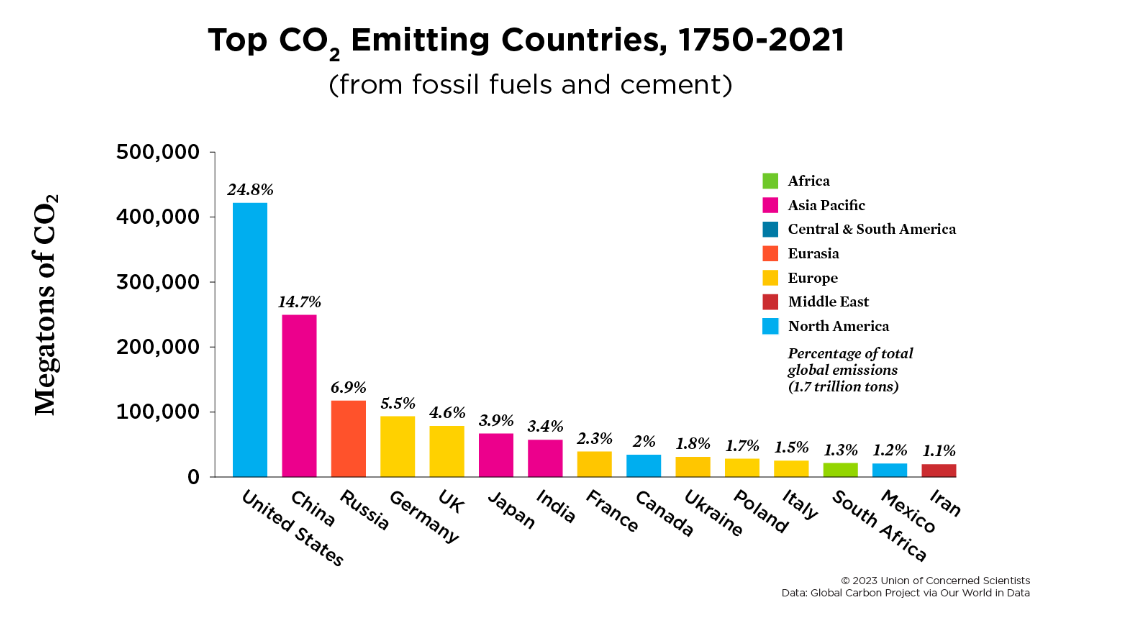
The overall approach of the developed world is nothing short of shirking their responsibility to global environmental stability. Even more gravely, this approach imparts the leaders of the developed world with a sort of loophole to backtrack on the earlier commitments they had given towards paying loss and damage in the form of financial aid to the developing world and the poorer countries. The rich countries had given a commitment of giving $100 billion to the developing and underdeveloped countries for mitigation and adaptation to climate change. This is an unfulfilled promise that was made in 2009. The rich countries do not seem to be keen on keeping this promise too.
How to Save the World
The latest Intergovernmental Panel on Climate Change (IPCC) report has warned that greenhouse gas emissions have to be cut by 43% from the 2019 levels by 2030 if the world is to be saved from the life threatening impacts of climate change. Given the history of climate action so far and the pace at which these action plans are moving forward, the 43% cut already looks like an impossible goal. Only drastic policy changes and harsh measures will help achieve this planet-saving plan.
There is also the question of Nationally Determined Contributions (NDCs). NDCs emerged from the 2015 Paris Agreement. In simple terms, they are the self prepared climate action items and plans of each country. Every five years, the UN agency, United Nations Framework Convention on Climate Change will review the country-specific NDCs and nations also revise their NDCs to address the changing climate scene.
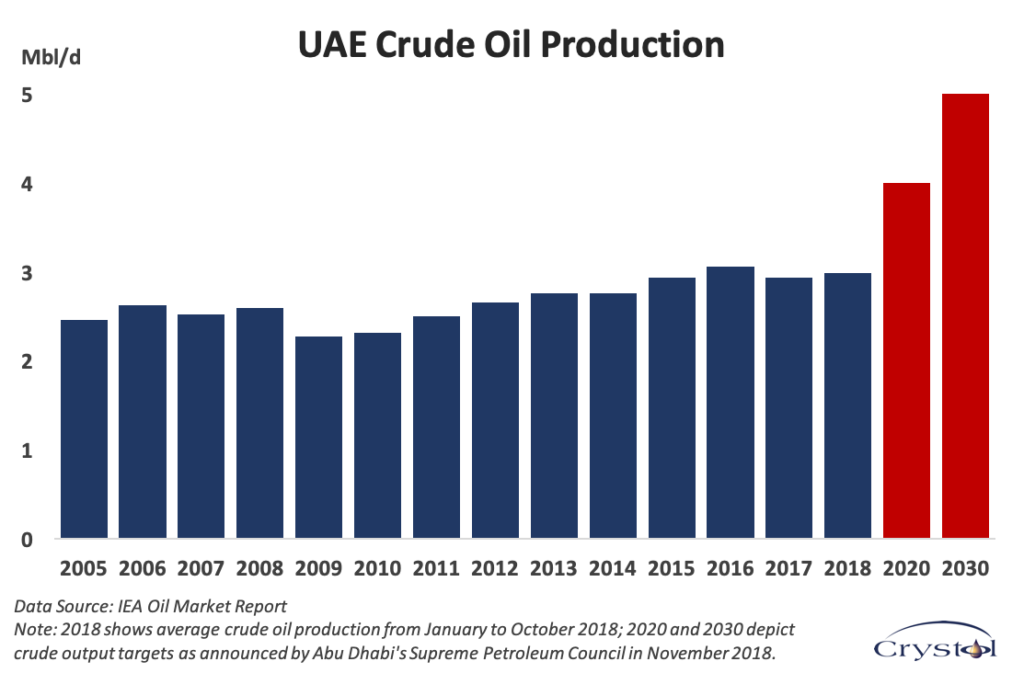
COP 28 Controversies
The United Arab Emirates, the country that is hosting this year’s COP summit, is among the top 10 oil producing countries of the world. Naturally, the question arises what moral fortitude this country has to host the climate summit when fossil fuels remain a major threat to the planet’s climate health. Citing leaked documents, BBC even reported that UAE had plans to forge new oil and gas deals on the sidelines of the COP summit.
COP 28: Focus Areas
Four key areas- climate change mitigation, climate adaptation, climate finance, and fossil fuels- are expected to dominate the discussions in COP 28. The participating countries also will have to show results corresponding to their promise of tripling renewable energy capacity by 2030. All these promises are in need of fast tracking now as the time is running out for saving the earth from irreversible damage caused by global warming. The mitigation and adaptation funds have to start flowing from the rich countries to the poor ones at the earliest possible point in time.
The big question is how far and how concretely all these promises and related concerns would be addressed. In a nutshell, the international community is fluctuating between hopes for a new beginning as well as apprehensions about a repetition of the experience of past summits which turned out to be damp squibs in terms of productive results. As the planet rushes towards a climate catastrophe at high speed, humanity is just not rising to the challenge, it seems.
For more stories regarding Climate Change, Click here. To receive updates on detailed analysis and in-depth interviews from The AIDEM, join our WhatsApp group. Click Here. To subscribe to us on YouTube, Click Here.


